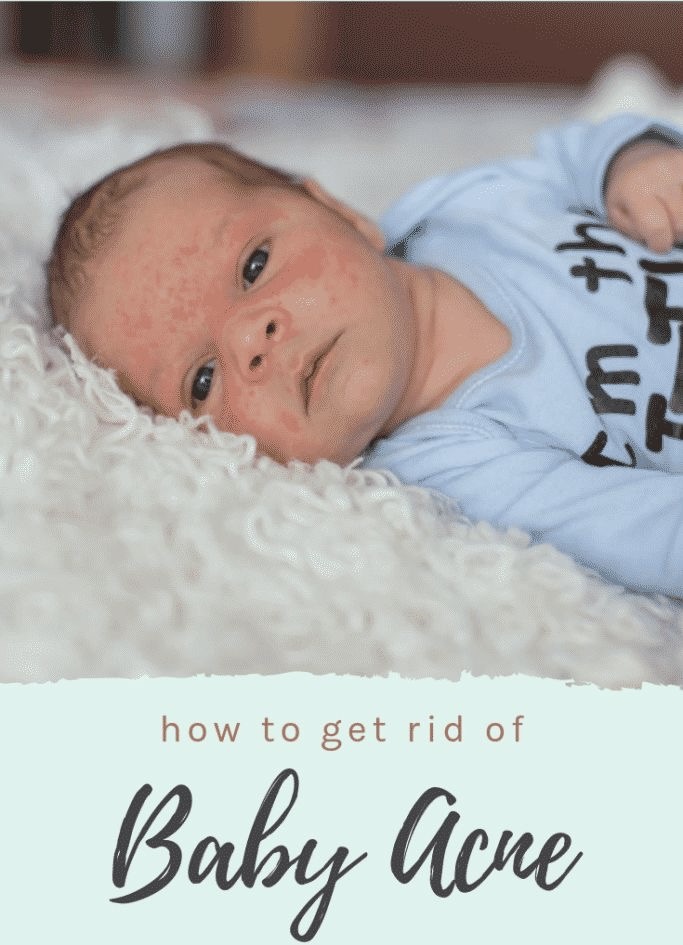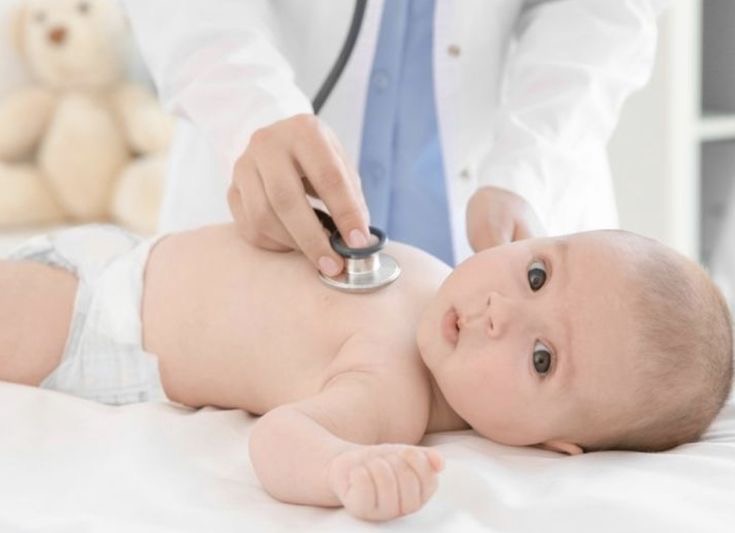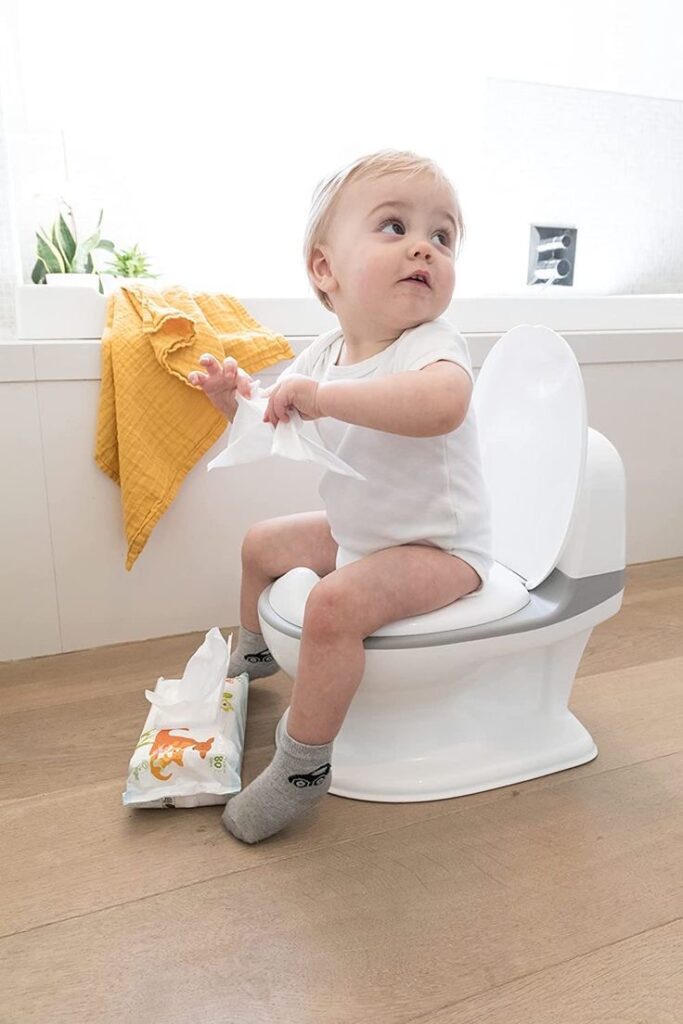Table of Contents

Introduction
Baby acne is a common and temporary skin condition that affects newborns, often appearing on their face and neck. While it may cause concern for parents, it typically clears up on its own without leaving any lasting scars. In this comprehensive guide, we will delve into the symptoms, causes, diagnosis, treatment, prevention, and outlook associated with baby acne. By the end, you will have a thorough understanding of this condition and how to care for your baby’s skin.
Symptoms
Baby acne manifests as small, inflamed bumps on a baby’s face, neck, back, or chest. These bumps can resemble pimples and often develop within 2 to 4 weeks of birth. In some cases, babies may also develop tiny, pimple-like bumps known as milia on their face. Fortunately, milia disappear on their own within a few weeks.
It’s important to note that baby acne is a common occurrence and not a cause for immediate concern. However, if you’re worried about your baby’s skin, it’s always a good idea to consult your baby’s healthcare provider.
Causes of Baby Acne
The precise cause of baby acne remains uncertain, but healthcare providers suspect it may be linked to hormonal changes. It is believed that hormonal fluctuations, possibly stemming from the mother’s hormones just before birth, can affect the baby’s skin. These hormonal shifts may influence the production of sebum, an oily substance produced by the sebaceous glands in the skin. Excess sebum can lead to clogged pores, ultimately resulting in acne.
Additionally, newborns have delicate and sensitive skin, which can react negatively to any residue left on their skin. This may include substances like food, vomit, or drool.
Is Breastfeeding a Factor?
Some parents may wonder if breastfeeding can contribute to baby acne. While it’s possible that hormones from a birthing parent’s breast milk may affect the baby’s hormones, leading to acne, it’s important to remember that baby acne is typically a temporary and benign condition. It shouldn’t affect your choice to breastfeed your newborn. Baby acne tends to resolve as the baby’s body adapts to its new environment.
Diagnosis of Baby Acne
Diagnosing baby acne is usually straightforward and does not require specific tests. A healthcare provider can typically identify baby acne by examining your baby’s skin. It’s important to remember that baby acne is generally harmless, and a diagnosis is only necessary if you have concerns about how it might be affecting your baby’s skin or if additional symptoms develop.
Treatment for Baby Acne
Baby acne is a self-limiting condition, meaning it usually resolves on its own without the need for medical treatment. However, if your baby’s acne persists for an extended period, your healthcare provider may recommend a medicated cream or other treatments. It’s crucial not to attempt any nonprescription medications without consulting your baby’s healthcare provider first.
If treatment is advised, it may include:
- Antifungal Cream: In some cases, healthcare providers may recommend an antifungal cream, such as ketoconazole, to apply to the affected areas.
- Topical Steroids: Low-potency topical steroids, like hydrocortisone, might be suggested by your healthcare provider. These should be applied as directed to help manage the condition.
It’s essential to follow your healthcare provider’s instructions closely when using any prescribed medications on your baby’s delicate skin.
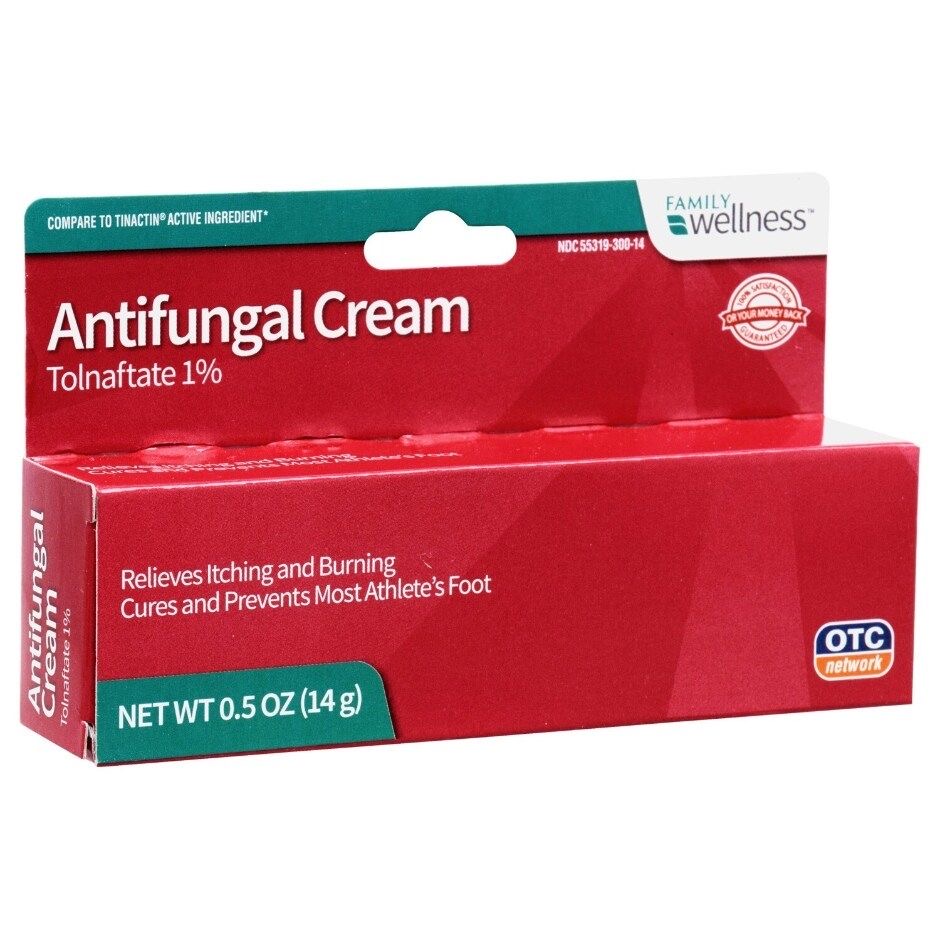
Home Care for Baby Acne
While baby acne typically clears up on its own, you can help manage and alleviate your baby’s discomfort with some simple home care techniques:
- Gentle Cleansing: Clean your baby’s face daily with warm water. You can alternate between using plain water and water with a mild, moisturizing facial soap on different days.
- Gentle Drying: After cleansing, pat your baby’s skin dry gently with a soft towel. Avoid rubbing or scrubbing the acne, as this can lead to further irritation or infection.
- Avoid Lotions and Oils: Refrain from using lotions, ointments, or oils on your baby’s acne-prone skin, as these products can exacerbate the condition.
- Clean Up Messes Promptly: If your baby’s skin comes into contact with food, vomit, or drool, be sure to clean it up promptly to prevent irritation.
If, despite these home care measures, your baby’s acne persists or worsens after a few weeks, it’s advisable to consult your healthcare provider for further guidance.
Duration of Baby Acne
Baby acne typically follows a relatively short course. It can clear up within a few days to a couple of weeks on its own. The timeline for resolution may be faster if your healthcare provider recommends a topical medication. However, in some instances, it may take up to a month for baby acne to completely clear. If your baby’s acne does not improve or if it worsens, it is advisable to consult their healthcare provider for further evaluation.
Preventing Baby Acne
Unfortunately, there is no foolproof way to prevent baby acne, as it is often related to hormonal changes and other factors beyond your control. However, you can take some steps to help your baby’s acne clear up and reduce its impact:
- Gentle Cleansing: Clean your baby’s skin at least once a day with warm water. Use a mild facial soap every other day to avoid over-drying.
- Prompt Cleanup: After feeding or any instances of your baby coming into contact with substances like milk, spit-up, or drool, clean their skin promptly to prevent irritation.
- Avoid Greasy Products: Refrain from using greasy skincare products, lotions, or oils on your baby’s skin, as these can exacerbate acne.
- Hands Off: Resist the urge to squeeze or pop pimples on your baby’s skin, as this can lead to infection and further irritation.
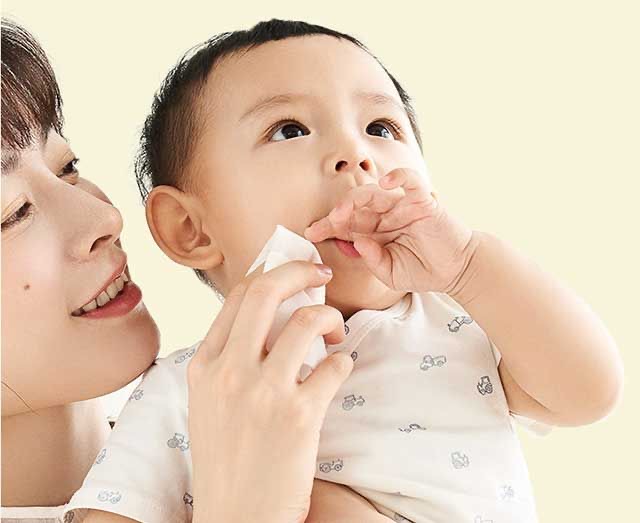
Outlook and Prognosis
The outlook for babies with acne is generally excellent. Baby acne is a harmless skin condition that resolves on its own. It does not typically result in scarring, and most babies will have smooth, blemish-free skin once the pimples clear. With proper care and patience, you can expect your baby’s acne to improve within a few days to a few weeks.
To ensure the best outcome, avoid using oily skincare products like lotions and focus on gentle cleansing and care of your baby’s skin. If you have any concerns about your baby’s acne or if you notice any unusual symptoms, consult your healthcare provider for guidance.
When to Seek Medical Attention
While baby acne is generally harmless, there are instances when you should contact your baby’s healthcare provider:
- Persistence: If your baby’s acne does not improve or worsens after a few weeks, consult their healthcare provider for evaluation and guidance.
- Additional Symptoms: If your baby experiences other symptoms such as blisters, peeling skin, fussiness, a fever, or feeding difficulties alongside the acne, it is important to visit their healthcare provider for a thorough assessment.
Questions to Ask Your Baby’s Doctor
When discussing your baby’s acne with their healthcare provider, consider asking the following questions:
- How can I help my baby’s acne go away more quickly?
- What type of soap should I use to wash my baby’s skin, and how often?
- Are there any potential side effects associated with the topical medication recommended for my baby’s acne?
- Should I make any adjustments to my baby’s skincare routine while they have acne?
Conclusion
Baby acne is a common and temporary skin condition that affects many newborns, typically appearing on their face and neck. While it may cause concern for parents, it usually clears up on its own without scarring. Understanding the symptoms, causes, diagnosis, and treatment options for baby acne can help parents provide the best care for their little ones. By following proper hygiene practices and seeking medical advice when necessary, you can ensure your baby’s skin remains healthy and blemish-free.
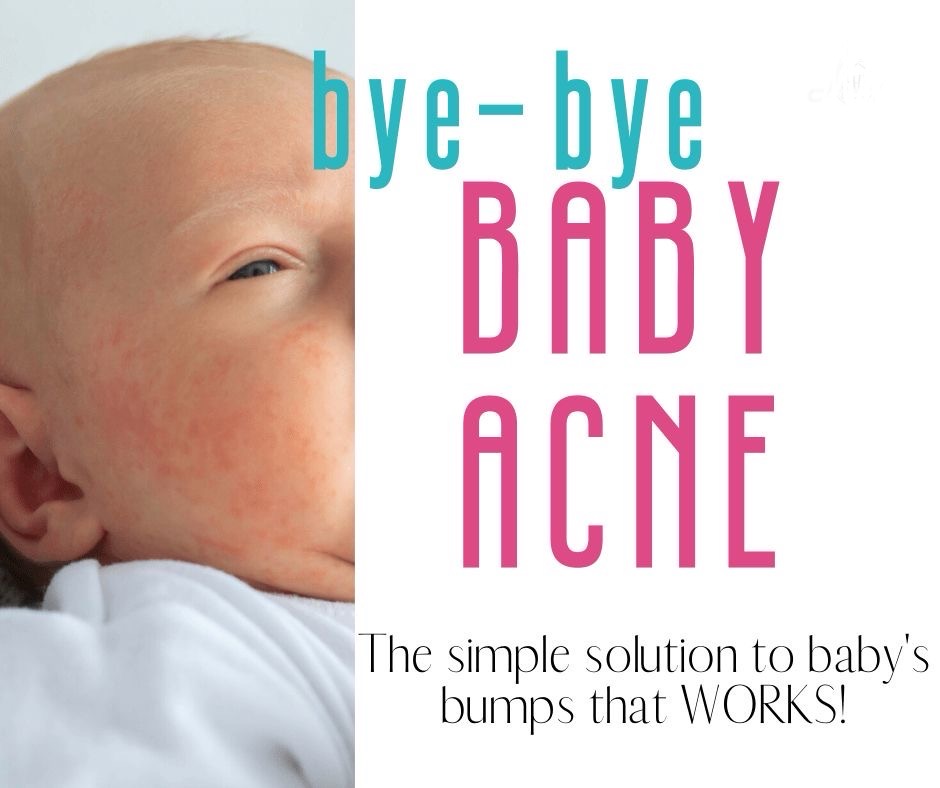
Share this content:






